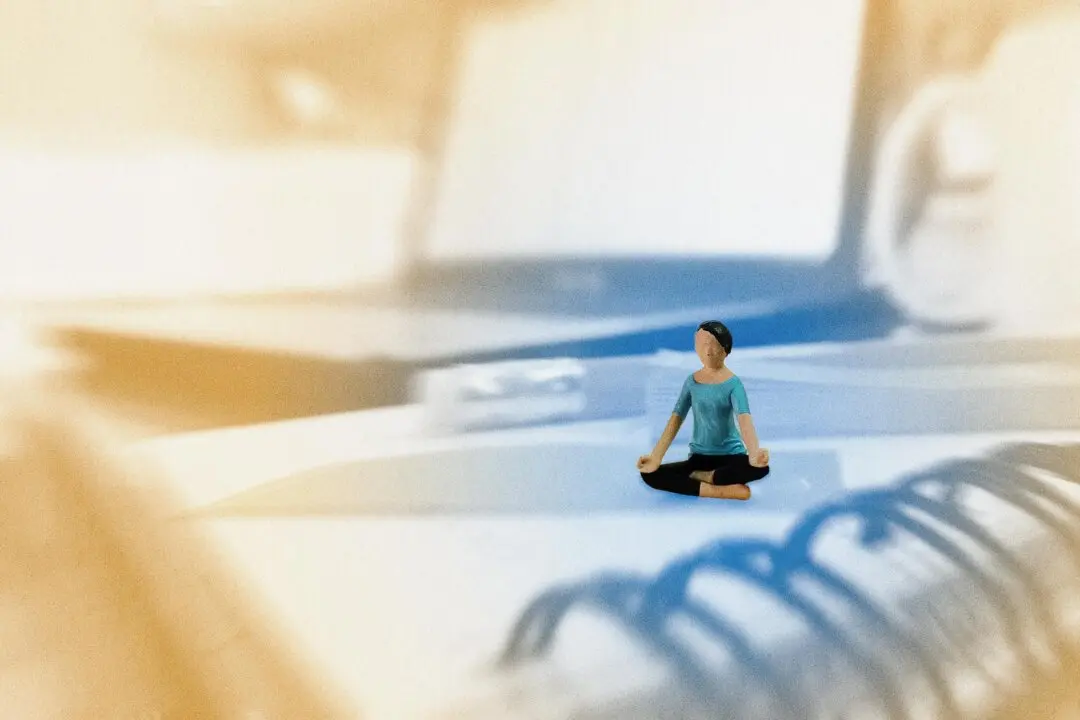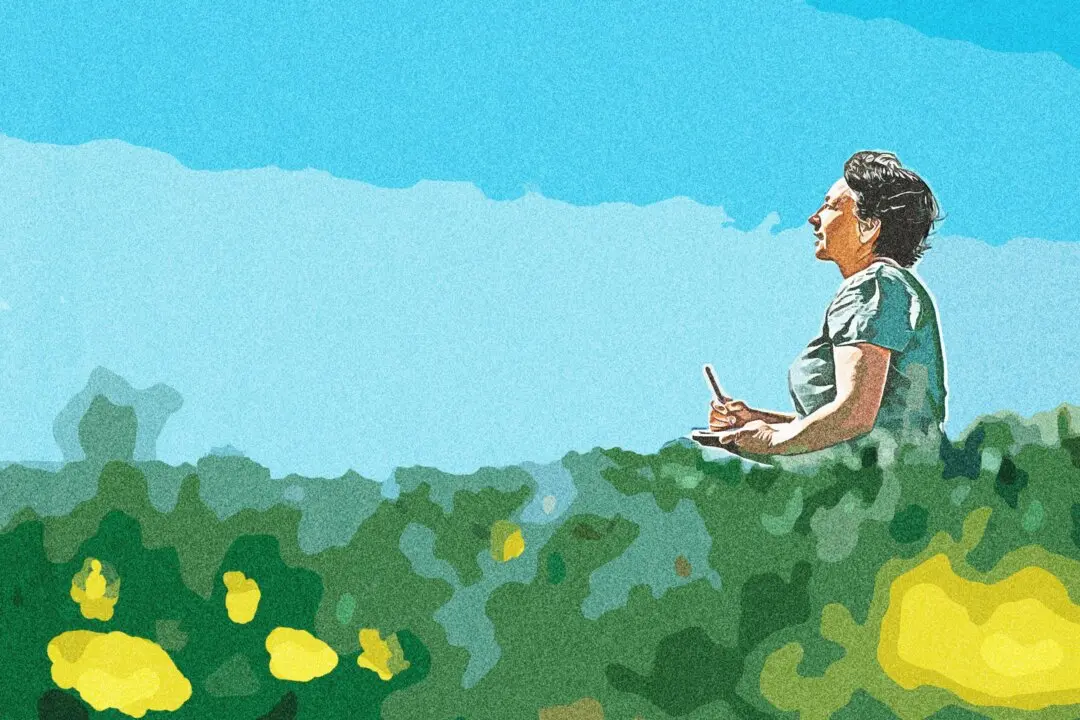“If a man is called to be a street sweeper, he should sweep streets even as Michelangelo painted, or Beethoven played music, or Shakespeare wrote poetry. He should sweep streets so well that all the hosts of heaven and earth will pause to say, ‘here lived a great street sweeper who did his job well.’” ~ Martin Luther King, Jr.
From the time he was little, I’ve encouraged my son to do his best. Whether in school, doing chores around the house, or when helping another, I’ve stressed that giving his best effort is always important.






